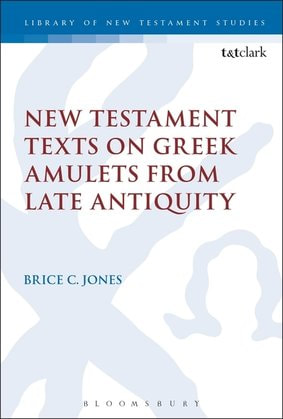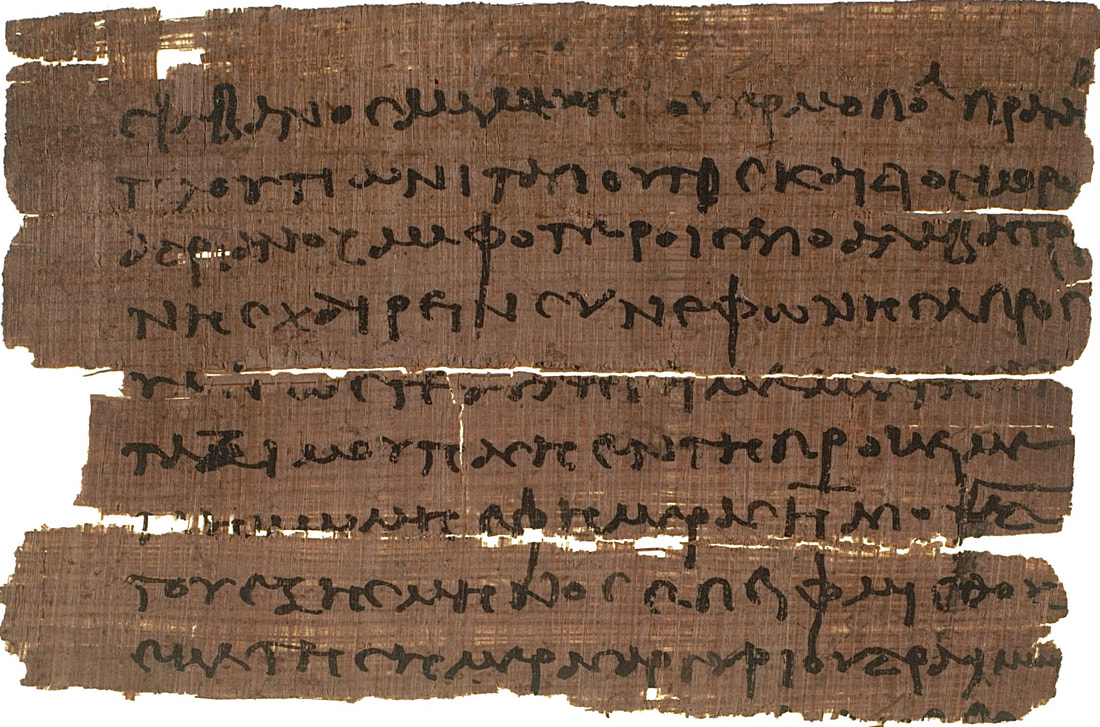|
Entertainment of all sorts was common in antiquity, just as it is today. There was dancing, music, games, gambling, and so on. What is so interesting is that we have surviving records of ancient contracts for social entertainers. I have previously drawn attention to an interesting papyrus letter from the third century B.C.E. in which a person requested all sorts all musical instruments, an “effeminate dancer,” and some delicacies for a festival.
In another Egyptian document dated to the second century C.E., we find a contract for flute players who will play in a village for 8 days. I have included an English translation of the document below; an image of the actual papyrus document is at the top of this post. “Silvanos, son of Ammonios, Hermopolite, business manager, to Ploution son of Tapous and Dioskoros son of Hadrianos, both from Alabastrine, greeting. I have agreed with you for me to perform on the flute, together with my entire company, in the aforesaid village for 8 days from the 24th of the next month Epeiph, for a wage for each day of ... drachmas of silver...” The reference to an “entire company” means that a group of entertainers, likely also musicians, would be coming along as per the agreement of the contract. The daily wage would have been listed on the line following “drachmas of silver,” but the papyrus breaks off at this point. There is an insightful article here, which contextualizes music and dance in ancient Egypt. It is very obvious how engrained music was within ancient cultures and the significance that ancient people attributed to it vis-à-vis religion and society. Source of image and translation: http://papyri.info/ddbdp/p.col;8;226
0 Comments
|

Available at Amazon!
Archives
June 2020
Categories
All
|
